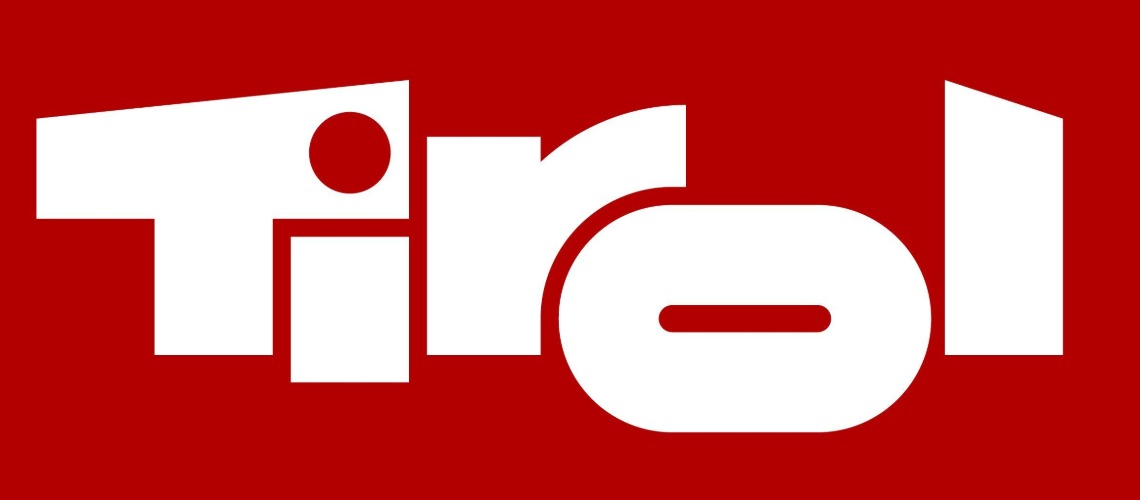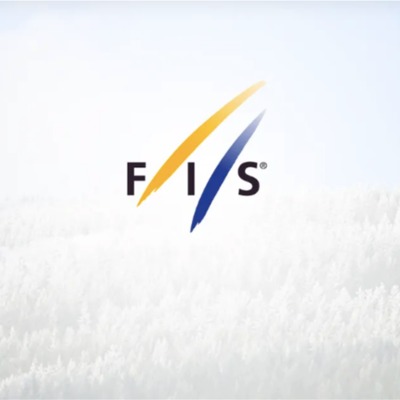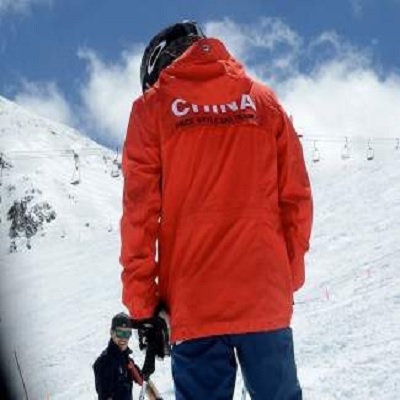Tyrolean Tourism Reports Positive Summer Season And Looks Confidently Towards Winter

The holiday destination of Tyrol remains in demand. After five of the six months of the current summer season, overnight stays and guest arrivals have increased compared to the previous year. Value added has also developed positively. The outlook for the winter is also optimistic. However, tourism experts emphasize that the industry's stable development cannot be taken for granted.
Tyrol's tourism industry has successfully defied various challenges in the current summer season, which ends on October 31st. Regardless of whether the economic environment is difficult or a rainy July, the appeal of Tyrol as a holiday destination remains strong. After five of six months of the current summer season – May to September represent around 90 percent of all summer overnight stays – Tyrol's tourism statistics show 20.8 million overnight stays. This represents an increase of 2.3 percent compared to the previous year. The number of guests has also developed positively: 5.9 million arrivals represent an increase of 3.7 percent. One downside is the length of stay: At an average of 3.5 days, holidaymakers have stayed 0.1 days less this summer season than in the previous year. "Guests are traveling more often and staying for shorter periods," says Tyrol's State Minister for Tourism, Mario Gerber.
He is satisfied with the economic results: "Good figures for overnight stays and arrivals are encouraging, but a positive development in value added is essential," says Gerber. According to initial calculations by MCI Tourism, this has increased to 2.63 billion euros. This corresponds to inflation-adjusted growth of 2.0 percent. This result is also consistent with the Seasonal Tourism Barometer, a representative survey of Tyrol's accommodation providers. In it, 63 percent of the businesses surveyed are satisfied with their economic success in the current summer season, and 20 percent are even very satisfied. Only 12 percent are dissatisfied. "However, these figures should not obscure the various challenges the industry is facing, such as continuing cost increases," emphasizes Tyrol's Minister of Tourism.
Nevertheless, tourism remains a rock in economically challenging times. This cannot be taken for granted. "The offerings and commitment of all those involved in tourism are essential to the continued attractiveness of Tyrol as a holiday destination. They deserve our greatest thanks."
At the same time, foresight for future development is required. If Tyrol's tourism is to continue to play this stabilizing role for the domestic economy, an adjustment of the market spectrum is necessary – where appropriate and possible. "The local markets will continue to provide the basis for our tourism in the future. In order to increase, for example, the length of stay and added value, as well as reduce dependence on individual countries, we can certainly think more internationally," Gerber predicts. To this end, it is important to secure Innsbruck Airport for the long term in order to be as broadly positioned as possible.
The current tourism balance clearly highlights the importance of the core markets: Overnight stays from Germany, Austria, the Netherlands, and Switzerland together account for 80 percent of total overnight stays this summer so far. The German market recorded an increase of 1.5 percent to 11.9 million overnight stays. Austrian guests stayed two million times – an increase of 0.6 percent. The Dutch market recorded growth of 2.4 percent with 1.7 million overnight stays. Tyrolean tourism recorded a decline of 0.7 percent to one million overnight stays from Switzerland this summer season so far.
"We are particularly pleased that Tyroleans' interest in holidays in their own country continues to grow," says Patricio Hetfleisch, Marketing Director of Tirol Werbung. 400,000 overnight stays represent a slight increase of one percent compared to the previous year. This makes Tyrol not only the most important region of origin within the Austrian federal states, but also ahead of markets such as France (350,000 overnight stays) and the United Kingdom (330,000 overnight stays). "Moreover, the current balance shows that the development towards balanced year-round tourism, promoted in the Tyrolean Way tourism strategy, is bearing fruit," analyzes Hetfleisch. Off-peak tourism seasons have increased: In early summer 2025 (May and June), there were 5.3 million overnight stays, a four percent increase compared to the same period last year, and in September, there were 3.5 million overnight stays, an increase of 5.4 percent.
Alois Rainer, head of the tourism and leisure industry division at the Tyrol Chamber of Commerce, offers an ambivalent analysis of the summer season so far: "The current figures demonstrate how efficient our tourism businesses are and how attractive and competitive our offerings are on the international market. However, our profitability cannot keep pace. Due to the continued rise in costs, there is often too little left over at the end of the day." This is also confirmed by the tourism barometer: A third of the businesses surveyed stated that they have been able to pass on the increased costs in full to guests, 40 percent have managed to do so partially, and a good quarter not at all. "This shows the increasing propensity of guests to save," says Rainer. Last year, 43 percent of businesses stated that they were able to pass on the increased costs in full to their guests. For the workforce, however, the signs are pointing towards a slight easing. "The new seasonal worker regulations have brought us important relief," says Rainer.
Demand is expected to be strong for the winter season, which begins on November 1st. According to the Tourism Barometer, 82 percent of respondents report bookings as good or even better than last year, while 16 percent rate them as worse. This is consistent with the price and booking monitoring of Tirol Werbung, which allows demand to be forecast down to the day. The forecast largely shows demand similar to last winter or even slightly higher. Christmas and New Year are currently by far the most popular periods.
The industry is also looking toward the winter with confidence in economic terms. According to the Tourism Barometer, 57 percent of businesses expect to maintain last year's results. Nearly 30 percent anticipate an increase in sales, while only 11 percent anticipate a decline in sales.
Tirol Werbung is investing around eight million euros in communication measures for the coming winter. This includes Tyrol's presence at the Austria House at the














